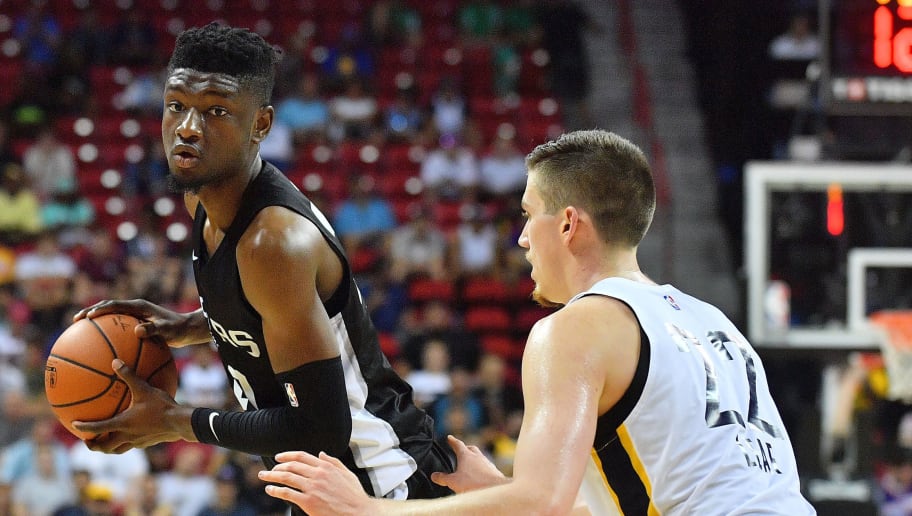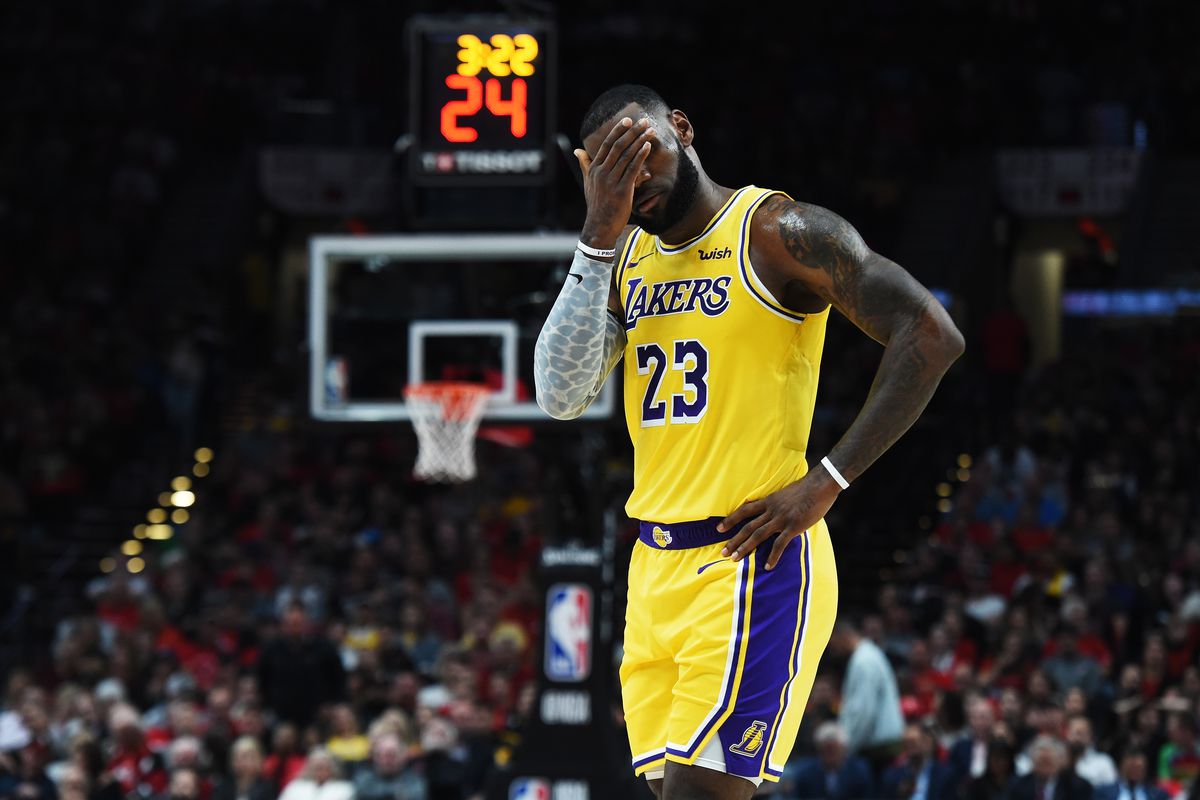- by Adedammy Adedotun
Sports hasn’t been recognised in Nigeria as a business because a whole lot of key components are missing. So, when there are developments in certain areas, we need to look beyond the political sentiments and consider how they fit into the long-term objective of evolving sports into a business.
A recent example is the Premier League Team Owners` Council and the communique it issued as regards its participation in the proposed abridged Premier Basketball League. It is a possibility that this group existed before now, and the communique only made them popular. However, the matter has generated quite a steer in the basketball community.
A number have people criticised the group, its proponents and its decision. But I’d rather we see it as an intriguing modification to the basketball league system and consider its implications to the development of the league. (I’ve used the phrase “basketball league system” and not “Nigerian basketball” because the operations of a league are clearly different from that of the National team)
Now, what are the possible implications of having such an organisation/group? On one side - negotiating powers, transparency, shared control; one the other hand - improved quality and standardisation.
Historically, a number of decisions around the league are taken unilaterally by the league organizers with little or no input from the teams. I recall a year that the representatives of Oluyole Warriors complained about the rather short time between the release of the league fixtures and the tip-off date. Being a state-owned team, they needed time to draw up a budget for the year which will be based on the game schedule, get approval from the State Government and ultimately, get the funds needed for the year.
Having a common voice means decisions by the league organisers will be communicated, tabled, discussed and collectively agreed. There’ll be room for negotiation.
Also, revenue from media rights (since that’s the only source of revenue for the league at the moment) is a rather delicate matter, and although the league organisers sign those deals on behalf of the teams - because, really, the teams make the league what it is - teams don’t have much of a say in what is allocated to them from the revenue. Revenue sharing in the league is a discussion that must be had. Questions including what goes into the collective pool, what partnerships teams can go into independent of the league etc. And all of these done transparently.
It may seem like this entire arrangement is skewed to favour the team owners. However, the league organisers can use the opportunity to raise the standard of the league by setting pre-agreed earning conditions for the teams - average attendance, adherence to set rules and regulations such as league logo and player name/number on jerseys, provision of basic amenities at arenas etc. After all, it is fair to hold the team owners to a certain level of responsibility, isn’t it?
A group that needs to watch closely and learn from the actions of the team owners are the players, and although the intentions might be good, having a representative of the players on the board of the Basketball Federation will not, in any significant way, help the agitation of the players for better compensation. They need an independent forum dedicated specifically to league players (not all basketball players). Only then can they form a balancing force to the relationship between the league organisers and the team owners, only then can they demand what the truly deserve and ultimately, only then can they negotiate a Collective Bargaining Agreement.
And what would the league organisers and team owners gain from a players’ forum? Quality basketball. As a player, you can’t demand improved welfare and be mediocre. If you want a seat at the table, you have to bring your A-game. After all, to whom much is given, much is expected.
Some people might see this as the beginning of unionism in the league but yes, sometimes to grow, we need to go back to the drawing board and rebuild. The league organisers, team owners, and players all need one another to survive. So it is only right for each of them to have a seat at the table when decisions are made.
Maybe it’s time to try a new approach. Maybe the shared control and bargaining powers will make each party sit up and appreciate the business side of sports. Hopefully, it will help them in the delivery of a standard and entertaining basketball league.
Like Dr. Muyiwa Gbadegesin tweeted earlier today; “There are no easy answers to the Nigerian condition. There are very tough problems with difficult solutions that require us to first tell ourselves bitter truths- truths that are bitter in the mouth, hard to the ears, but sweet in the belly. That is the diet of champions.”
This is one truth we all have to get comfortable with and have productive discussions around.


Comments